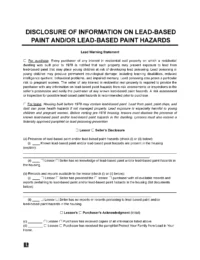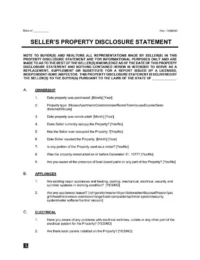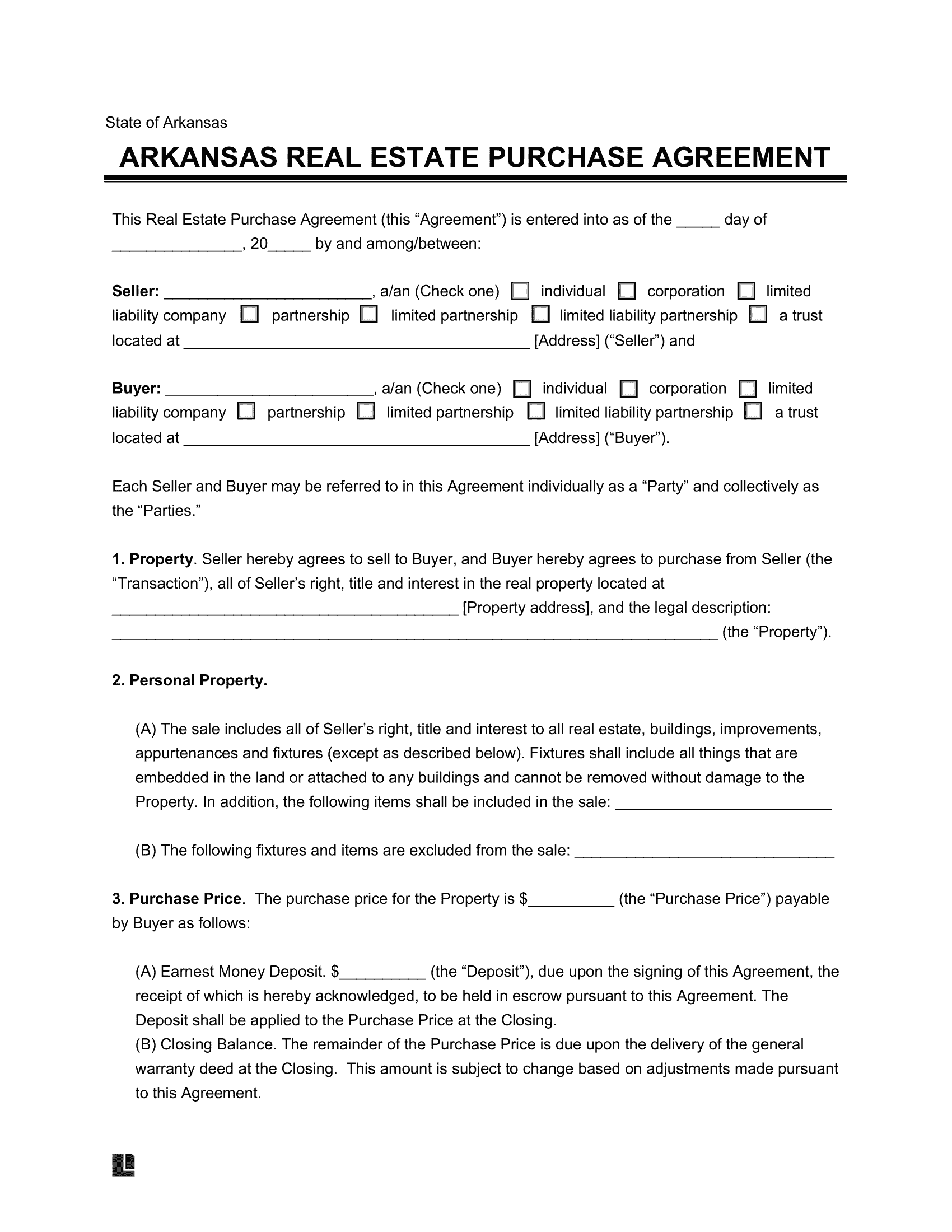An Arkansas residential purchase agreement is a contract between a buyer and seller for the sale of a residential property. The document ensures that both parties are clear on their obligations and rights, covering essential aspects like earnest money deposits, financing details, and and any contingencies that must be met for the sale to proceed.
Once both parties agree and sign, the agreement becomes legally binding, facilitating the transfer of ownership to be completed as specified. The buyer has until the closing date, when the seller transfers the deed to the property, to complete necessary inspections, secure financing, and fulfill any other due diligence required to finalize the purchase.
State Laws
- Buyer Beware: Arkansas adheres to the caveat emptor rule, meaning “let the buyer beware.” This rule allows sellers to transfer a property in an “as is” condition. According to the Arkansas Real Estate Commission, sellers are not required to provide disclosures about the property’s condition in a sales transaction.
- Agent’s Responsibilities: Agents must make “reasonable efforts” to disclose material facts about the property. This includes determining the property’s condition to avoid intentional or negligent misrepresentation to potential buyers. [1]
Required Seller Disclosures
Lead-Based Paint Disclosure
Federal law mandates that sellers disclose the potential presence of lead-based paint in properties built before 1978 and supply an educational handout on the associated risks (42 U.S. Code § 4852d).
Property Disclosure Statement
Although state law does not require sellers to disclose property defects, it is common practice for the seller's agent to include a property disclosure form in the residential purchase agreement.
Do Sellers in Arkansas Have to Disclose Property Defects?
No, Arkansas does not require real estate sellers to disclose any material defects. The buyer assumes the responsibility to conduct a thorough inspection of the property to uncover any potential defects. If a buyer neglects to perform a proper examination, they may have limited legal recourse to reverse the transaction.
While sellers are not obligated to disclose defects, they may still be liable for damages or transaction reversal if they actively conceal latent defects or make material misrepresentations amounting to fraud.


